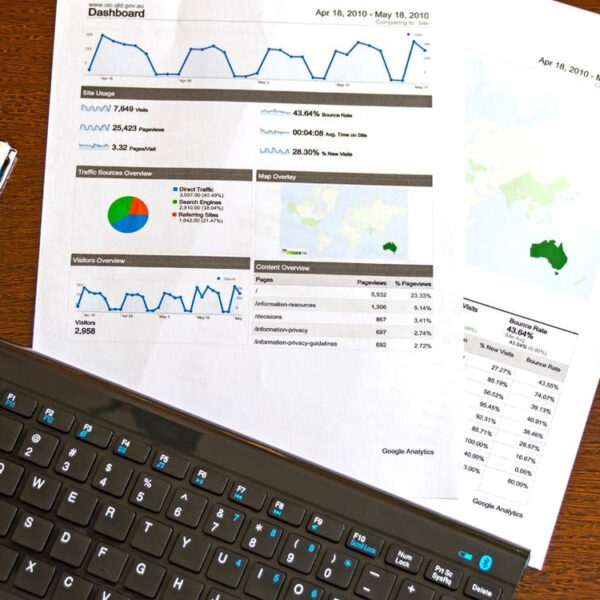Manufacturers are still facing supply chain shortages and are unable to meet demands because they are not able to predict and adequately secure and acquire raw materials to accommodate demands for their products. This is causing manufacturing activity in the U.S. to slow down. Businesses are spending more time trying to figure out what they need, and more time waiting for raw materials to arrive.
These materials, ranging from wood, steel, and plastic to the ever-needed semiconductor chips, are necessary components of consumer products such as cars, appliances, and electrical equipment. This shortage means decreased availability of items and increased cost to manufacturers, who are then forced to pass that cost on to their consumers.
The frustration is real, but navigating these challenges, which include better and predictive forecasting methods, rising prices and decreased availability, is possible with a manufacturing-specific ERP system.
How Cloud ERP Can Help
No, an ERP solution cannot fix the supply chain disruptions. But a modern-day solution like Acumatica, the Cloud ERP can give you tools for better planning and the ability to optimize the many moving parts involved in inventory planning.
Visibility
Enterprise resource planning (ERP) can help businesses of any size bring systems together into one central system. Meaning data from all departments is fed into this centralized solution, where it then is available for all employees, based on their permissions, to be viewed and modified in real-time. Modern ERP solutions that are cloud-based give you the additional benefit that data can be accessed 24/7 from anywhere and on any device.
Access
This access allows manufacturers to scrutinize every aspect of their business, including supply chain channels. Instead of responding late to pain points, like backlogged orders or missed shipments, they can keep an eye on data in their personalized dashboards and reports to stay on top of potential disruptions before they happen.
Efficiency
ERP solutions also increase efficiency for manufacturing businesses. Many industries report they have significantly reduced the number of materials used per product, decreasing their own demand for supplies, and ultimately relieving shortages.
ERP Forecasting Tools

Traditionally, forecasting was calculated based on historical data. Enter the age of pandemics and geo-political conflicts, manufacturers no longer can rely on what worked in the past. Instead, manufacturers need a more robust tool to take into consideration other variable factors to predict buying patterns.
Machine learning and artificial intelligence (AI) may seem like Sci-Fi terms, but they are a reality. And no, you don’t have to be a technology expert to use them. Many of these predictive analytic tools have been integrated into ERP solutions and tailored to fit your industry. You now can, with the push of a button, simplify your merchandise planning and buying process. For example, AI can develop algorithms to optimize all the parts of inventory planning, including adjusting lead times and material ordering.
With this sort of visibility into your business, you can get the insight you need to make adjustments such as color, alternative materials, and other modifications so that you can meet consumer demands.
The Importance of a Manufacturing-Specific ERP
Sure, there are lots of ERP solutions to choose from. Many of them can help you become more productive and profitable. But choosing one designed to meet the specific needs of the manufacturing industry will lead to improved collaboration, effective workflows and processes, and better managed teams.
Acumatica, the Cloud ERP, has a manufacturing edition designed to provide integrated applications for:
- Production
- Estimating
- Engineering
- Material planning
- Scheduling
- Product Configuration




